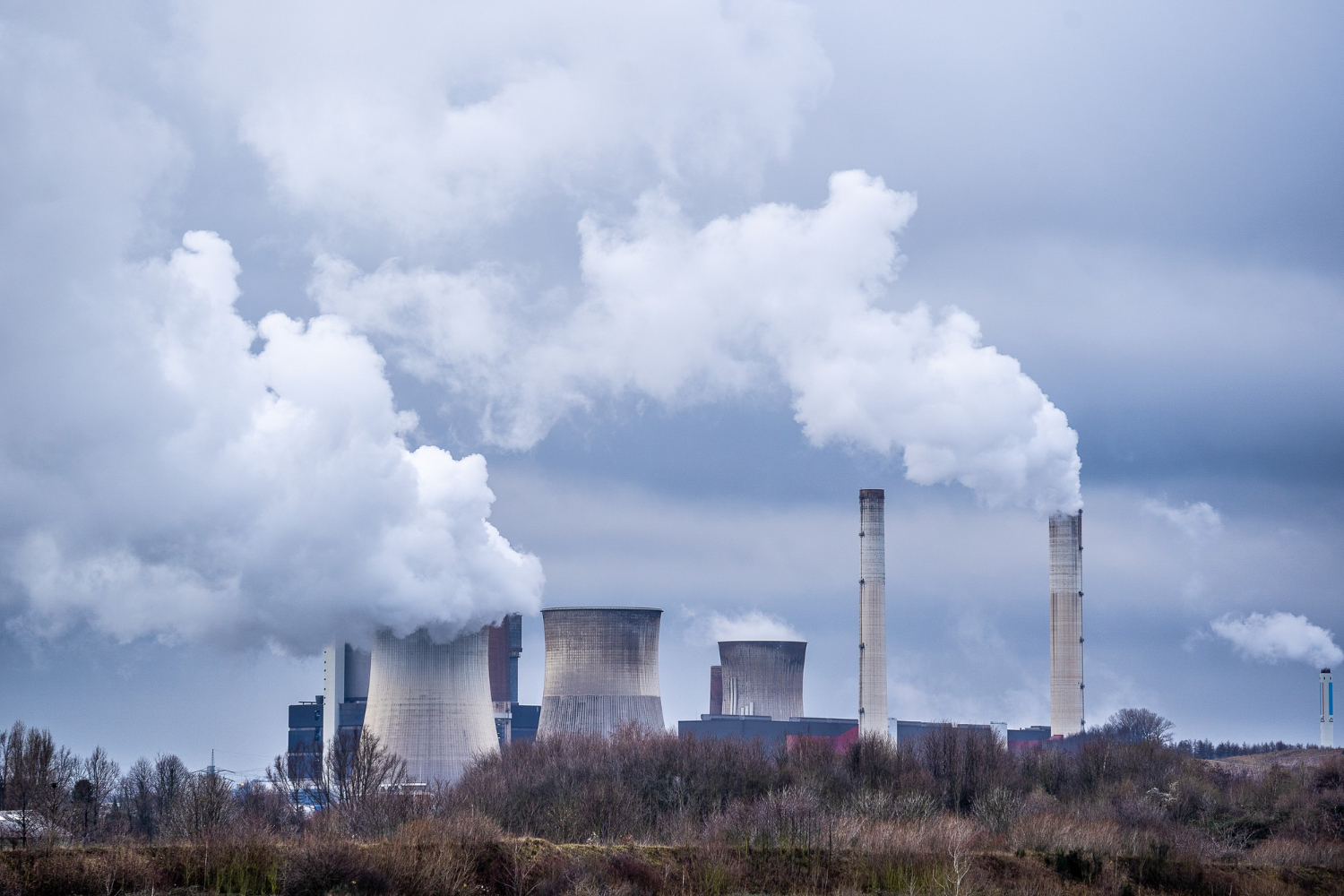
Companies worldwide claim they’re reaching the zero-emissions target. However, scientific results say it’s still not enough, as the results are not… true.
Prominent global corporations are announcing rapid advancements in their efforts to combat climate change – at least on paper. But these gains often fail to materialize in the atmosphere. The businesses rely on “market-based accounting,” a popular but contentious method of climate bookkeeping. This enables companies to purchase credits from clean energy providers to claim that they are operating on green power when they aren’t, removing enormous amounts of pollution from their ledgers that are created by the electricity used to run their factories, data centers, and offices.
Businesses typically purchase their power from local electric grids, which are supplied by a mix of sources—everything from zero-emission wind turbines to sky-choking coal plants. Electricity from power plants mixes with other electricity in the grid, just way water from several streams feeds into a mountain lake. It’s impossible to know which plant supplied the power running a company’s assembly lines, so they’ve traditionally calculated their emissions using the average pollution of the local grid’s energy mix. This is known as “location-based accounting.”

“Market-based accounting just ruins the accuracy of greenhouse gas disclosures,” says Matthew Brander, a senior lecturer on carbon accounting at the University of Edinburgh.
An investigation by Bloomberg Green, found that at least 1,318 companies employed market-based accounting to erase a combined 112 million metric tons of emissions from their records, the equivalent to the annual pollution from 24 million cars.
Despite some results being real, the goals were achieved because hundreds of comapnies rely on certificates known as renewable energy credits (RECs) or guarantees of origin (Gos) to achieve their climate goals.
The accuracy of how companies account for the emissions is a key matter when fighting the climate crisis. One-quarter of the planet’s heat-trapping emissions are caused by the production of electricity and heat, with two-thirds of that being from commercial and industrial customers.
ALSO READ WHAT IS THE EU TAXONOMY AND HOW DOES IT SET ITS CRITERIA FOR GREEN TECHNOLOGIES?

Our goal at Universal Kraft is to provide renewable energy solutions that could help civilization become less carbon-dependent. We provide a range of options for energy storage, wind, solar, green hydrogen, and waste-to-energy technologies. Discover our full offer here.




